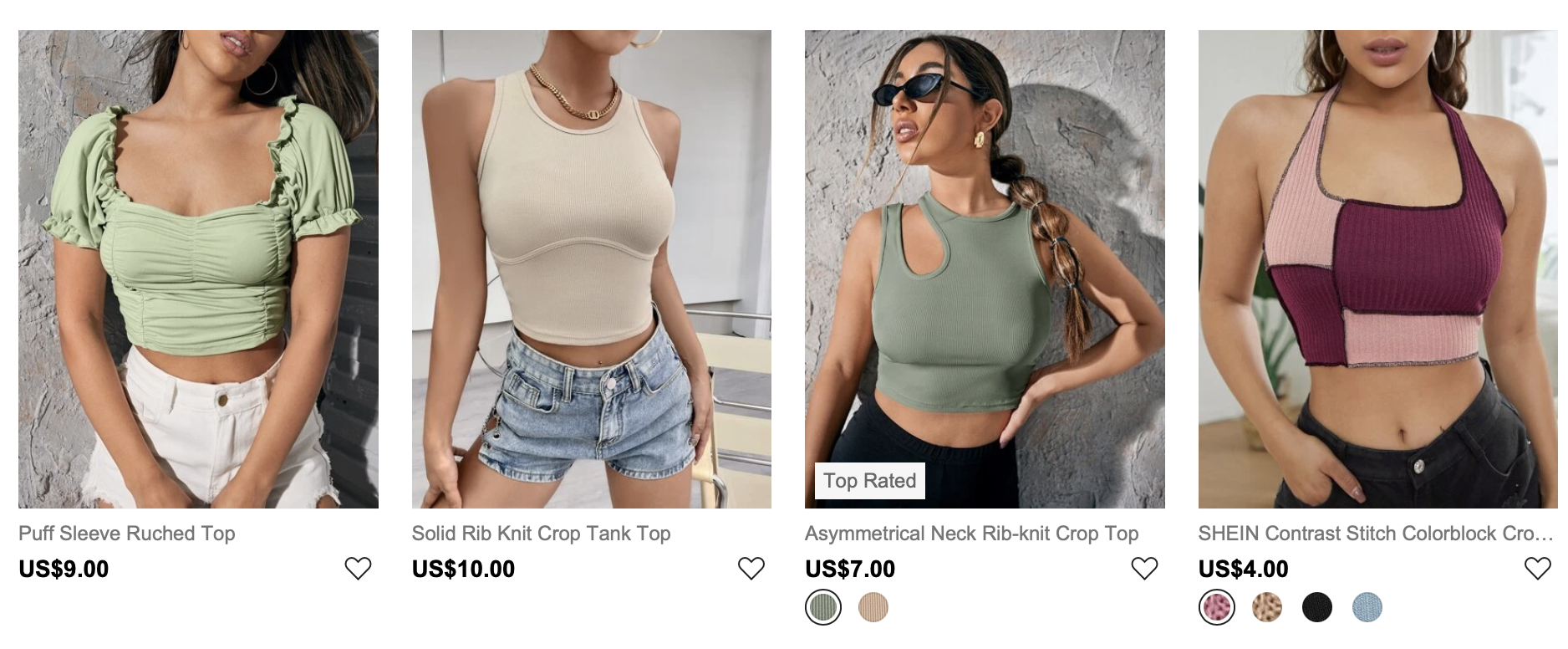Why You Shouldn’t Shop at Shein
The moral and ethical battle between wanting to purchase affordable, stylish fashion finds and support environmental sustainability can be difficult to manage in a societal retail space that promotes fast fashion and quick trend turnaround. We have all had our fair share of fast fashion Forever 21 mishaps or have been tempted by the promo codes for flashy Instagram boutiques. But the bottom line is, fast fashion is hurting our environment, exploits international workers with unfair conditions and wages, and lacks transparency in its quality control.
Shein has spearheaded the industry as of late, as the fast fashion site that started as a small online boutique has taken the fashion industry by storm, turning into the $15 billion retailer it is today. The company got its start in 2012 when CEO Chris Xu started the Chinese company, focusing on selling cheap women’s clothing to overseas markets. The shop is known for its thousands of inexpensive on-trend options, that have risen to fame via Instagram and TikTok influencers and a stream of never-ending discount codes and sales. Browsing the online store young shoppers can find anything from dainty college going out attire and funky accessories, to cute summer dresses costing half the price of any big-name equivalent.
So why is fast fashion so bad? Allow us to explain. Fast fashion means quick and inexpensive production. In a world of instant gratification and fashion at our fingertips, it is easy to justify purchasing and not consider its implications or where your items came from.
Shein and other fast fashion brands are able to produce collections at a rapid pace due to their vertical integration model. Vertical integration simplifies the process of creating wasteful wardrobes because companies own their entire supply chain. These trendy items usually are low quality, and ultimately end up in the donation or trash pile once they go out of style.
Low quality clothing creates waste and leads to increased pollution. Shein cranks out clothing using non-renewable resources, all wasting water, energy and emitting greenhouse gases.
Not to mention, Shein lacks transparency in its production process. Who is working for them and for what price? Fast fashion factories breed poor working conditions and low wages for workers abroad. The company’s ethics are unclear.
Shein has also recently received poor press for producing a pendant necklace marketed as a “Metal Swastika Pendant” on their site. They publicly apologized, yet it is hard to justify this as some kind of “mistake.” The brand was also called out for selling Muslim prayer mats marketed as decorative rugs. These highly offensive items lead to further questioning of Shein’s ethics in sales.
We need to start focusing on where our clothing is coming from. It can be hard to navigate the ever-changing world of retail but it’s time we reconsider our online shopping habits and buy from brands that stand for sustainability, quality control, ethical production and products.
